We’re excited to introduce you to the always interesting and insightful Kyle Brandt-lubart. We hope you’ll enjoy our conversation with Kyle below.
Hi Kyle, thanks for sharing your insights with our community today. Part of your success, no doubt, is due to your work ethic and so we’d love if you could open up about where you got your work ethic from?
First and foremost, it comes from a sense of accountability. It’s important that I stay accountable to myself, which often involves being painstakingly thorough in how I approach projects, processes, and collaborations. Being accountable to myself also looks like leaning into my varied, wandering curiosities and interests; I can’t genuinely be true to myself if I’m operating within a framework that limits how I engage with the world around me. Staying accountable to others is also incredibly important to me. Accountability and integrity are intertwined, and both help anchor my work ethic. When whatever it is I’m working on aligns with my passions, it definitely makes it easier to stay focused and motivated. But there are plenty of times when I’ve had to bite the bullet and get a task done even if it’s a struggle. One thing that helps me in those moments is trying to validate the current challenges I’m facing and set down perfectionism as much as possible.
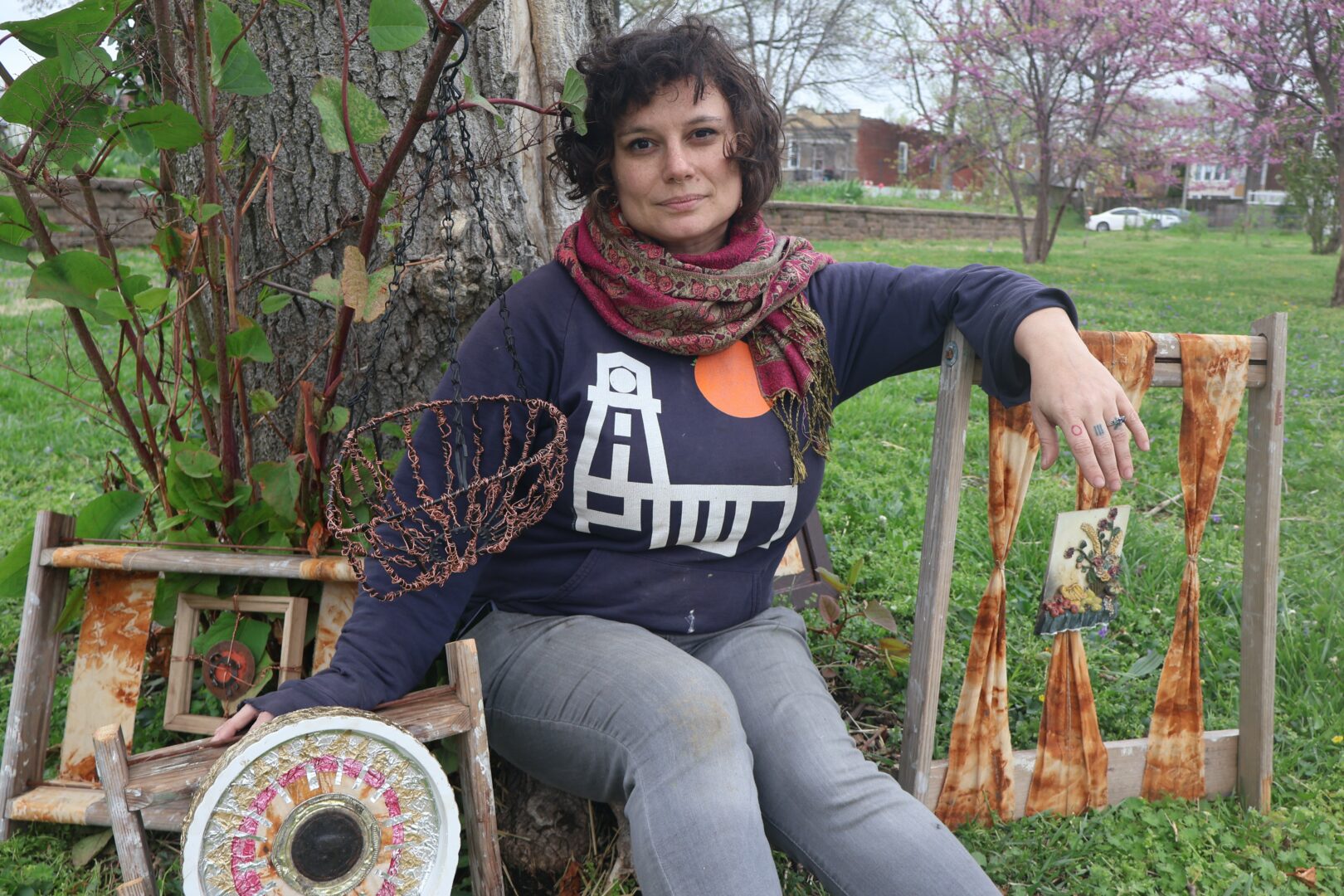
Great, so let’s take a few minutes and cover your story. What should folks know about you and what you do?
I identify as a holistic mental health practitioner, community arts organizer, and multidisciplinary maker. I operate an independent practice called Tiny Postcards Counseling & Creative Arts based out of St. Louis, Missouri. Tiny Postcards, which just moved into a brick and mortar space this past July, houses the intersection of my passions.
Through Tiny Postcards I provide individual therapy services, facilitate community arts programming, and engage in my own multidisciplinary creative practices. In my role as a therapist, I focus on offering holistic mental healthcare to queer, trans, and non-binary folx, neurodivergent individuals and lower-income community members. My therapeutic philosophy is rooted in anti-oppression, empowerment, and recovery-focused frameworks. I am inspired by efforts to deinstitutionalize healthcare, peer-led movements, and the principles of liberation psychology.
A key tenet of my practice philosophy is centered around a commitment to promoting equity in access to high quality holistic mental health supports and creative experiences. One way I put this into practice is being an insurance-based therapy provider who accepts a wide range of plans including public health insurance. I intentionally ensure that at least 50% of my clients are people who are using Medicaid and/or Medicare to access services. The majority of groups/events that take place at my practice space use a sliding scale model for payment and include a stipulation that nobody is turned away for lack of funds, or they are free to attend. Given that access is about much more than economics, I also seek to prioritize continuous, hands-on learning in the realms of cultural competency, trauma-informed care principles, and grassroots community organizing. I am also in the process of working to make my practice space ADA accessible.
I feel passionately about reclaiming hyper-clinical wellness spaces and believe that the arts are a powerful vehicle for fostering holistic community health. My community arts practice involves facilitating creative experiences that foster inter- and intrapersonal connection. Examples of this are co-hosting a monthly poetry open mic, facilitating workshops, and curating a variety of groups/offerings at the Tiny Postcards Studio.
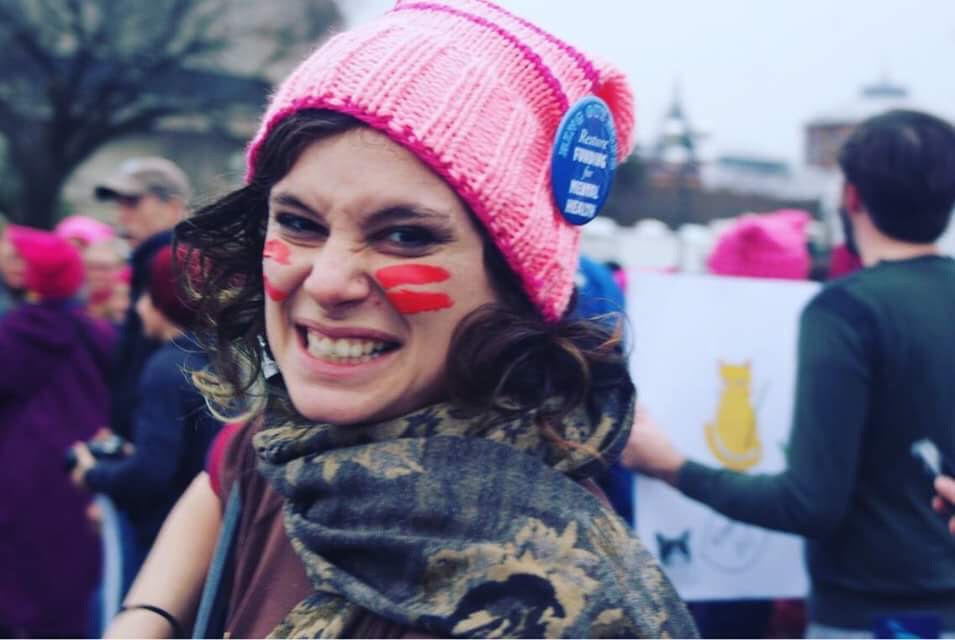
There is so much advice out there about all the different skills and qualities folks need to develop in order to succeed in today’s highly competitive environment and often it can feel overwhelming. So, if we had to break it down to just the three that matter most, which three skills or qualities would you focus on?
Three qualities that have really served me are thinking outside of the box, not being afraid to question authority, and honoring a commitment to lifelong learning. The most important piece of advice I have to share is to challenge the inherently limiting narratives that create false binaries and seek to hinder the imagination. There may be times where you are told you need to pick one career path or the other, that you can’t honor the complex constellation that is how you think, move, create, and self-actualize. Just because our dominant institutions generally don’t know how to embrace nuance, multiplicity, and disruptions to the status quo doesn’t mean you can’t forge a path that feels like your own.
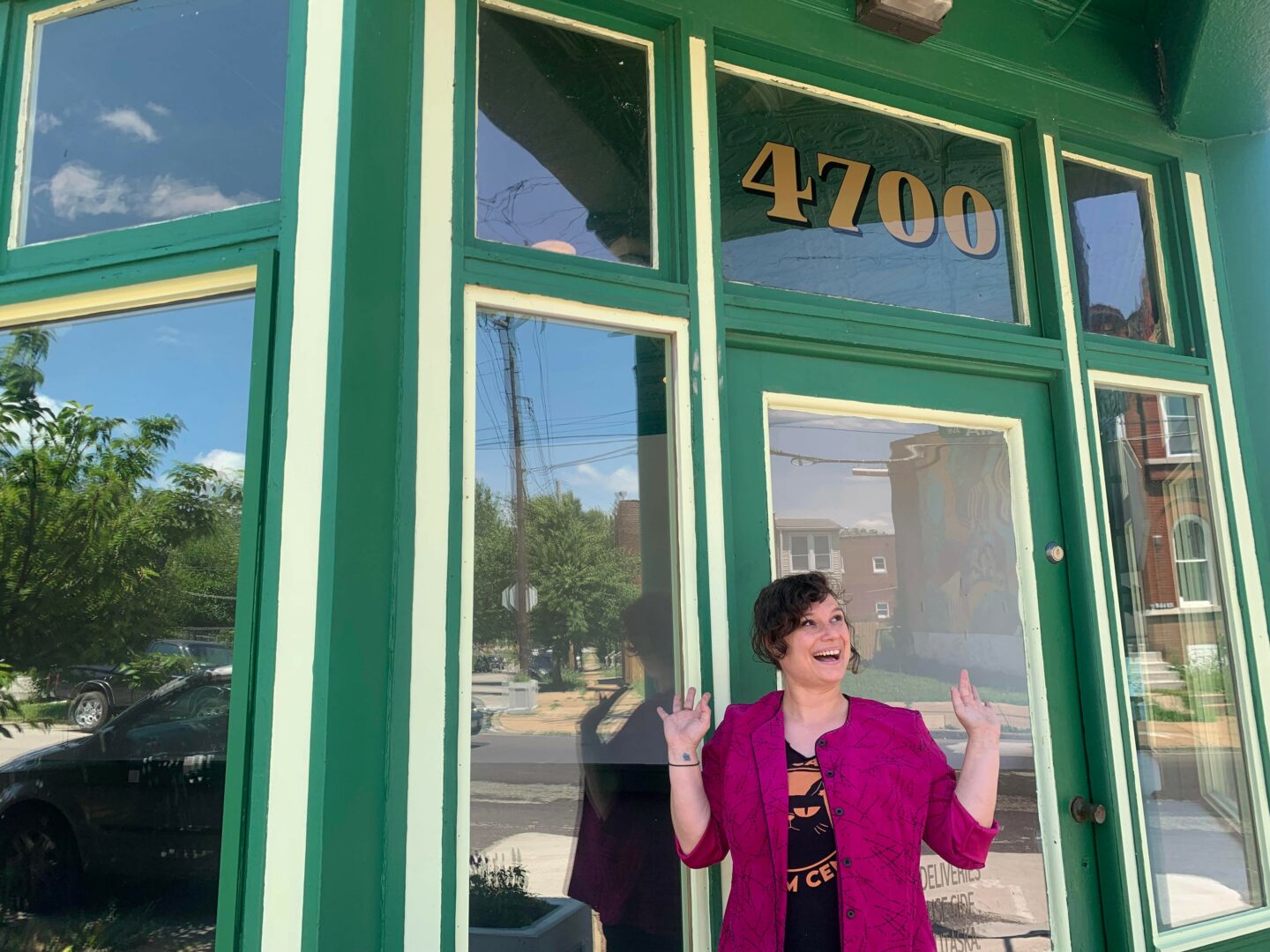
What do you do when you feel overwhelmed? Any advice or strategies?
I think it’s incredibly important to normalize feeling overwhelmed. To be honest, I often toggle between feeling overwhelmed and under-stimulated; it’s hard for me to find that elusive, balanced, middle space. Historically, I’ve been very hard on myself when I feel like don’t have the stamina or talent to do it all. My advice, which I constantly need to remind myself of, is to give yourself permission to rest. Remember that nature works in seasons and cycles, and so do humans.
My artistic practice is also a big part of how I cope with overwhelm and my more intense emotional states. These modalities I create in span visual art, public installation, poetry, expressive movement, music/sound exploration, and more. I find that different creative modalities serve me at different times, depending on my present needs.
Contact Info:
- Website: https://www.tiny-postcards.com
- Instagram: @tiny_postcards
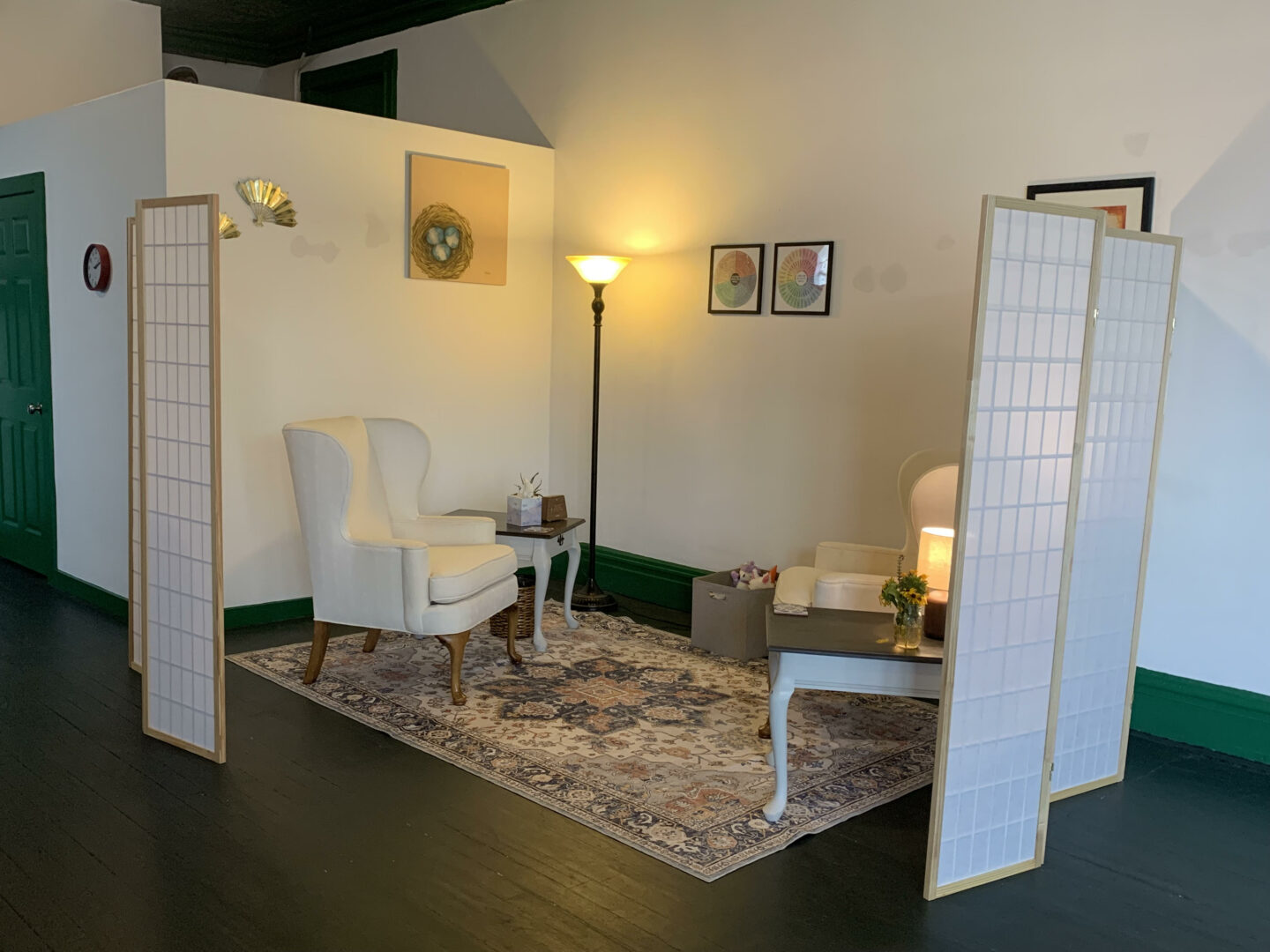
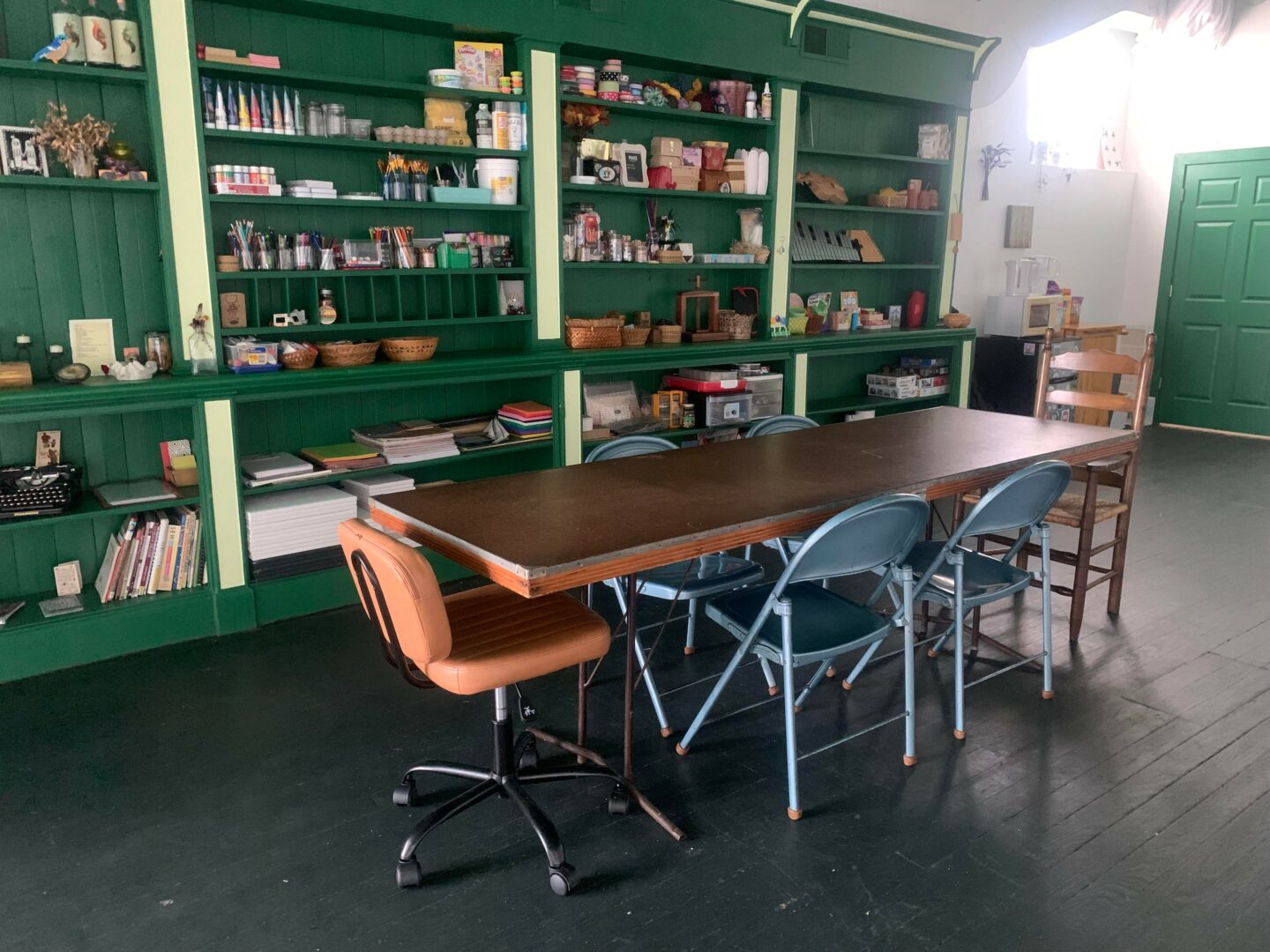
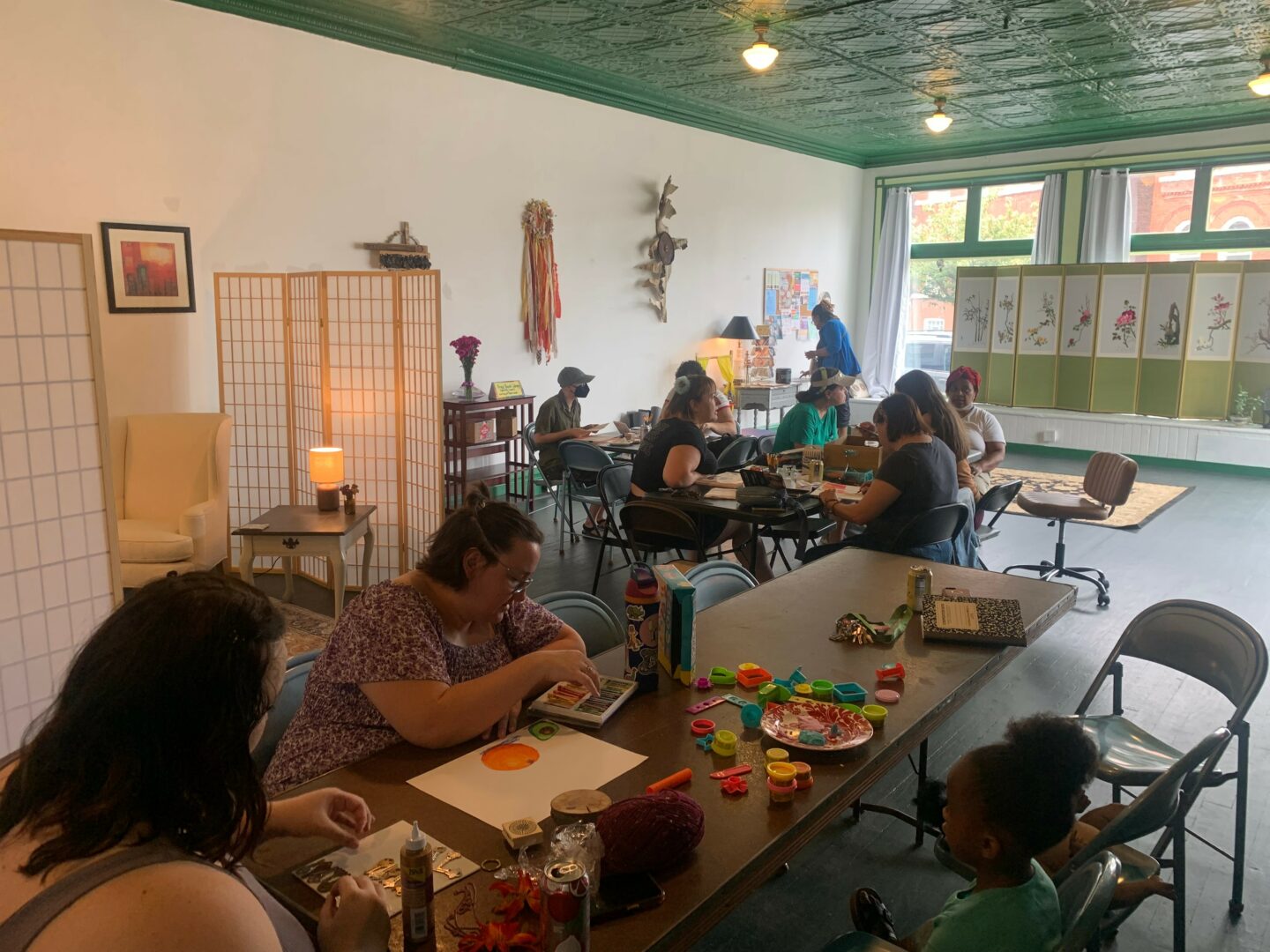
so if you or someone you know deserves recognition please let us know here.




